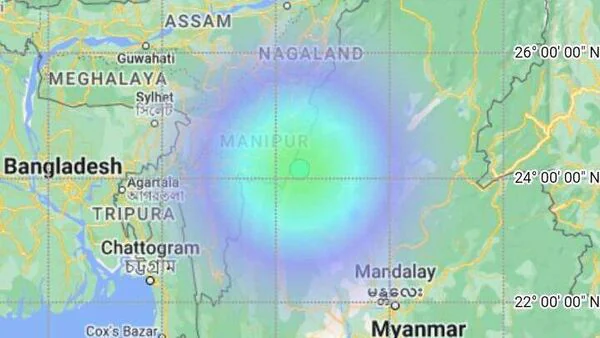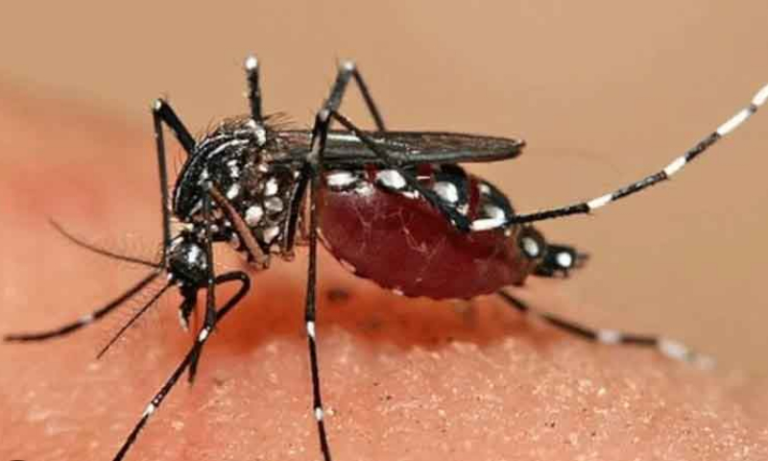Gaurav Gogoi Says PM Modi’s Visit to Manipur Marks Start of a Long Peace Process —
Congress leader Gaurav Gogoi said Prime Minister Narendra Modi’s likely visit to Manipur should be regarded not as the end of the story but the start of a long journey toward peace, justice and reconciliation, and that the visit — long overdue — should be accompanied by apology and meaningful action. Gogoi stressed that normalcy has not returned to Manipur and that rebuilding trust will require time, community-level healing and restoration of democratic processes.
What exactly did Gogoi say — and why he said it
Speaking at an event in Guwahati, Gogoi said he welcomed Prime Minister Modi’s likely visit to Manipur but insisted that the visit should be treated as a beginning, not the end, of a peace journey. He argued that normalcy has not yet returned — pointing to the lack of an elected state government and the continuing displacement of citizens — and he urged the Prime Minister to acknowledge the delay and the pain by apologising for not visiting earlier. Gogoi also highlighted the need for justice, reconciliation and the restoration of democratic processes.
Put simply: Gogoi wants two things from the centre — attention and accountability. Attention gives the conflict national salience; accountability signals the willingness to fix root causes rather than only suppress symptoms. That combination matters if the state is to move beyond episodic interventions to long-term healing.
5 FAQs
1. Q: Did Gaurav Gogoi welcome the PM’s visit or criticise it?
A: Both. Gogoi welcomed the symbolic importance of a Prime Ministerial visit but criticised the delay and warned that a visit alone won’t produce peace. He said the visit should be treated as the start of a long peace process, not the conclusion.
2. Q: Is the PM’s visit confirmed and when is it likely?
A: National media reported preparations and speculation for a mid-September 2025 visit (around Sept 13–14), but official itineraries are typically released by the PMO and state administration. News outlets noted heightened activity and security planning in Manipur.
3. Q: What are the most urgent needs for Manipur right now?
A: Immediate needs are safe return and rehousing for displaced families, medical and mental-health support, restoration of schools and livelihoods, and credible steps toward accountability for violence-related crimes. Longer-term needs include DDR, institutional reforms and economic programs.
4. Q: Can a single political visit realistically change the situation?
A: A single visit can catalyse action — by elevating attention and unlocking resources — but lasting change requires sustained, multi-year effort across humanitarian, legal, economic and political fronts. Gogoi’s comment underscores this reality
5. Q: How can local citizens hold the government accountable after the visit?
A: Citizens and civil-society groups can demand published timelines, monitor delivery of rehabilitation packages, push for transparency in investigations, and insist on independent oversight mechanisms. Local media and community groups play a crucial watchdog role.



